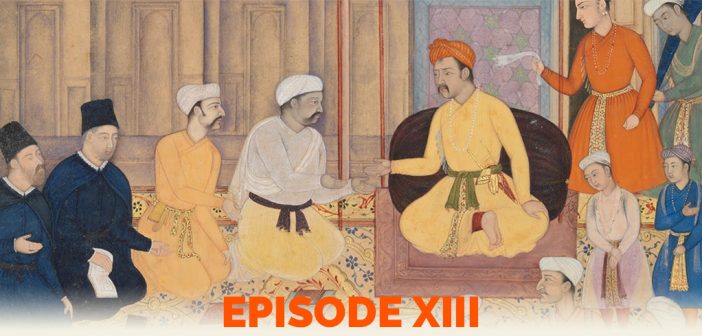Episode 14 leaves the West and heads to 16th and 17th Century India and the Mughal empire. In particular, the rule of Akbar the Great.
A century before John Locke’s “A Letter Concerning Toleration,” Akbar developed a policy of “Universal Peace” repudiating religious compulsion and embracing ecumenical debate. We’ll also discover why the history of the Mughal empire still tests the limits of free speech and tolerance in modern India. Among the questions tackled are:
- Why, how, and to what extent did Akbar abandon orthodox Islam for religious tolerance?
- How did religious tolerance in the Mughal empire compare to contemporary Europe?
- How did English travelers get away with openly blaspheming Muhammad, the Quran, and Allah?
- Was the emperor Aurangzeb really the uniquely intolerant villain that history has portrayed him as?
- Why do India’s current laws against religious insults hamper modern historians’ efforts at documenting events during the Mughal empire?
You can subscribe and listen to Clear and Present Danger on Apple Podcasts, Google Play, YouTube, TuneIn, and Stitcher, or download episodes directly from SoundCloud.
Stay up to date with Clear and Present Danger on the show’s Facebook and Twitter pages.





